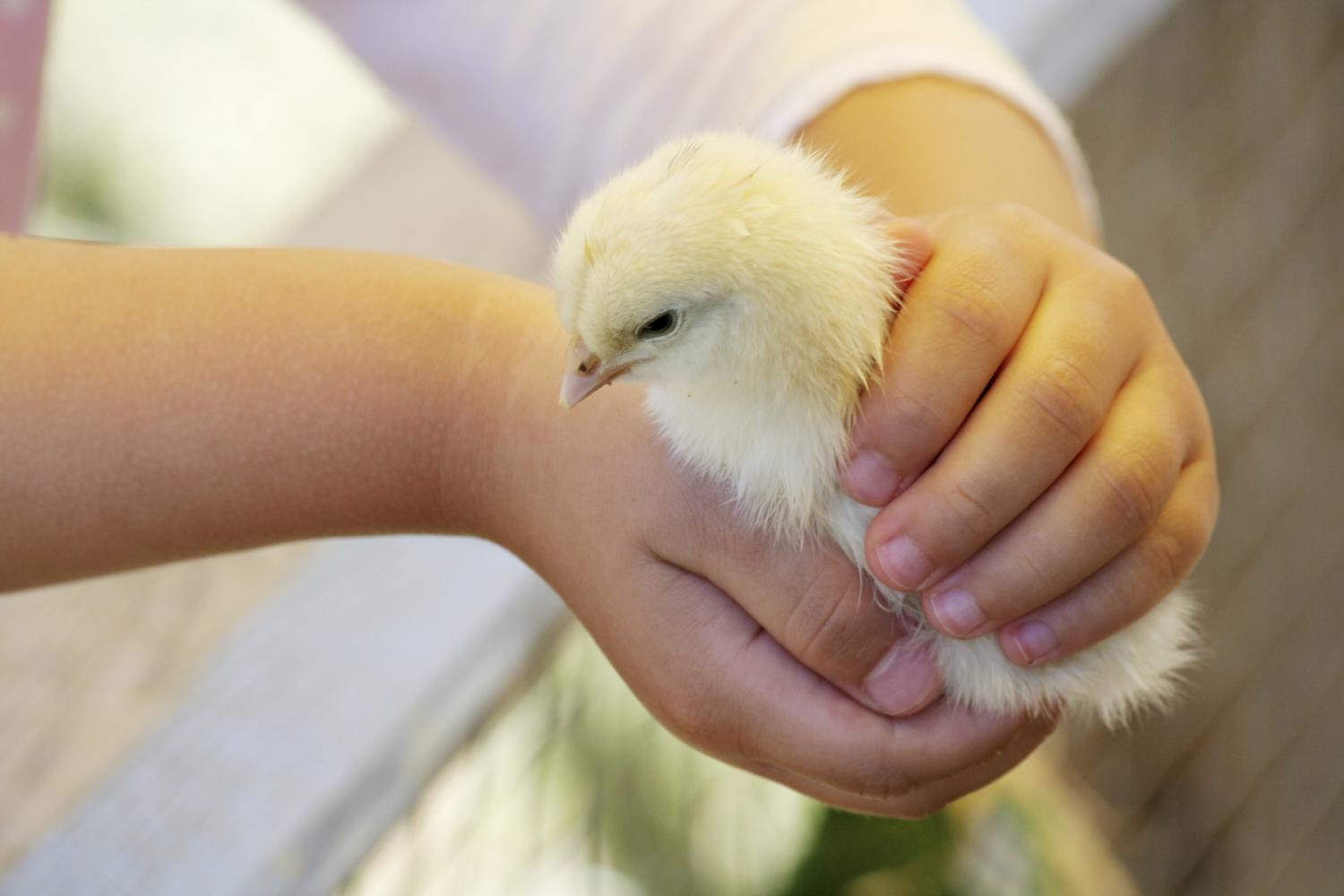New Mexico health officials announced yesterday that the state's laboratory department has pinpointed the source of a Salmonella Typhimurium outbreak that has so far sickened 316 people in 37 states, most of them children.
The outbreak was first announced by federal officials in April and is one of three outbreaks this year that have been traced to contact with baby poultry.
New Mexico lab officials found that Salmonella from an environmental sample from Privett Hatchery matches the outbreak strain, according to a press release yesterday from the New Mexico Department of Health (NMDH). The facility, located in Portales, supplies chicks, ducklings, and other live baby poultry to feed stores and mail order customers nationwide.
The US Centers for Disease Control and Prevention (CDC) included New Mexico's findings in its outbreak update today, which said nine more infections have been detected since its last update Aug 9. Earlier in the investigation the CDC had linked the outbreak to live baby poultry purchased from multiple feed stores.
Retta Ward, MPH, New Mexico's department of health secretary, said in the statement that the hatchery, which has been an innovator in reducing Salmonella levels in live baby poultry, has been very cooperative in identifying the source of the infections and has worked with officials from numerous agencies.
The CDC said Privett Hatchery participates in the US Department of Agriculture's National Poultry Improvement Plan program, which is designed to eliminate certain Salmonella strains in poultry breeding flocks and hatcheries. However, it noted that the program doesn't certify that the poultry are free from other strains that cause human illnesses.
The agency said the trace-back investigation identified 18 mail-order hatcheries in multiple states that supplied the feed stores and that most of the investigations identified Privett Hatchery as the source. It also said that when a hatchery isn't able to fill a customer's order, it often calls on another hatchery to ship the poultry, a practice known as "drop shipping."
The agency noted that customers might not realize that the source of the purchased birds was different from the one where they placed their order.
One of 40 environmental samples collected from a duck pen at the hatchery yielded the outbreak strain, according to the CDC.
"The Department wants to remind parents not to keep live baby poultry in their homes. Any time a person handles a baby duckling or chick, he or she needs to wash the hands thoroughly to reduce the risk of contracting Salmonella," Ward said.
She said the hatchery has taken several steps in the wake of the outbreak and the findings: removing the poultry from sale where the positive environmental sample was found, including the Salmonella outbreak strain in a commercially produced vaccine that will be given to all of the facility's birds, implementing disinfection and cleaning protocols, and developing new strategies to control the movement of employees between buildings.
See also:
Aug 19 NMDH press release
Aug 19 CDC update


















